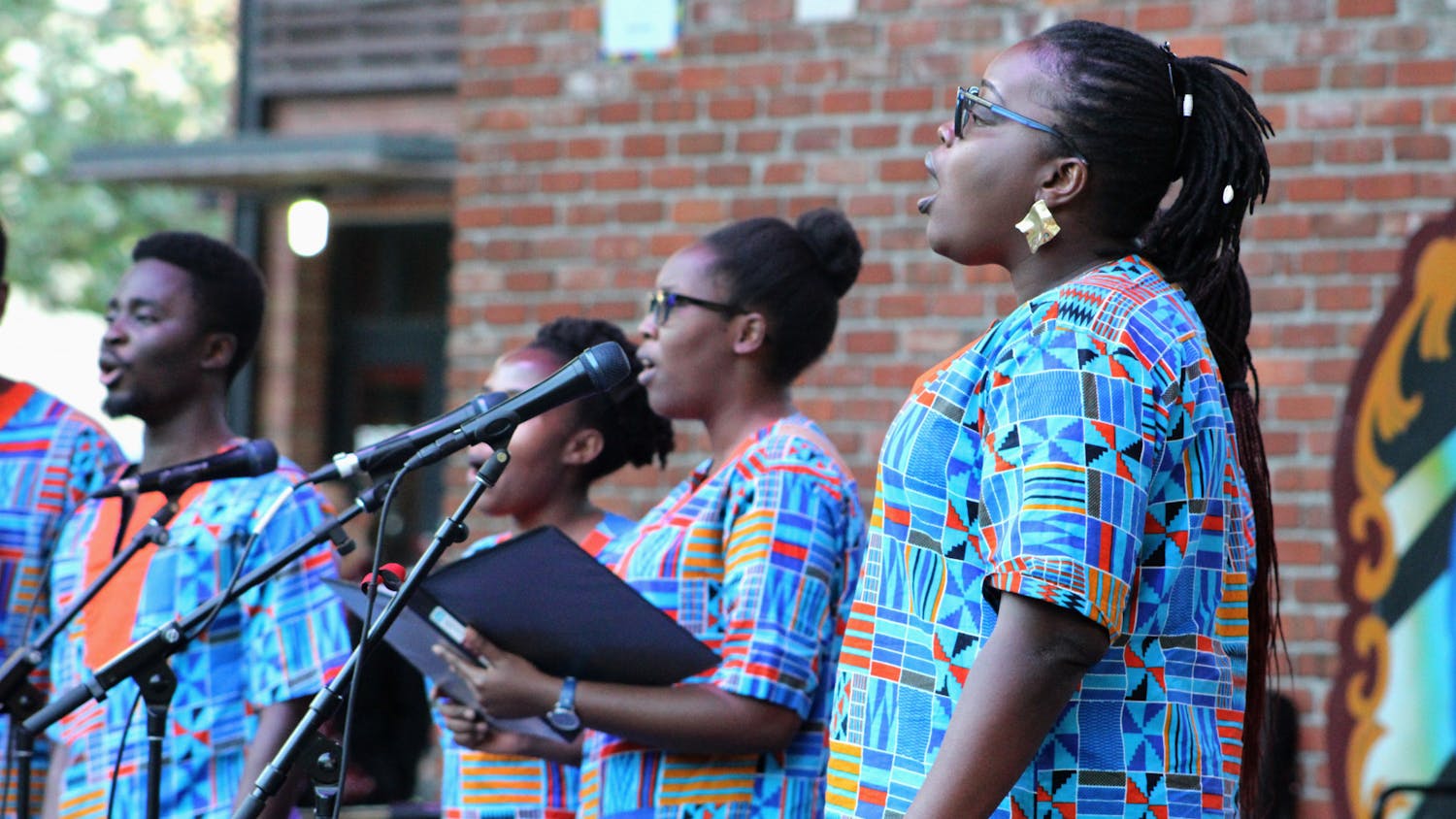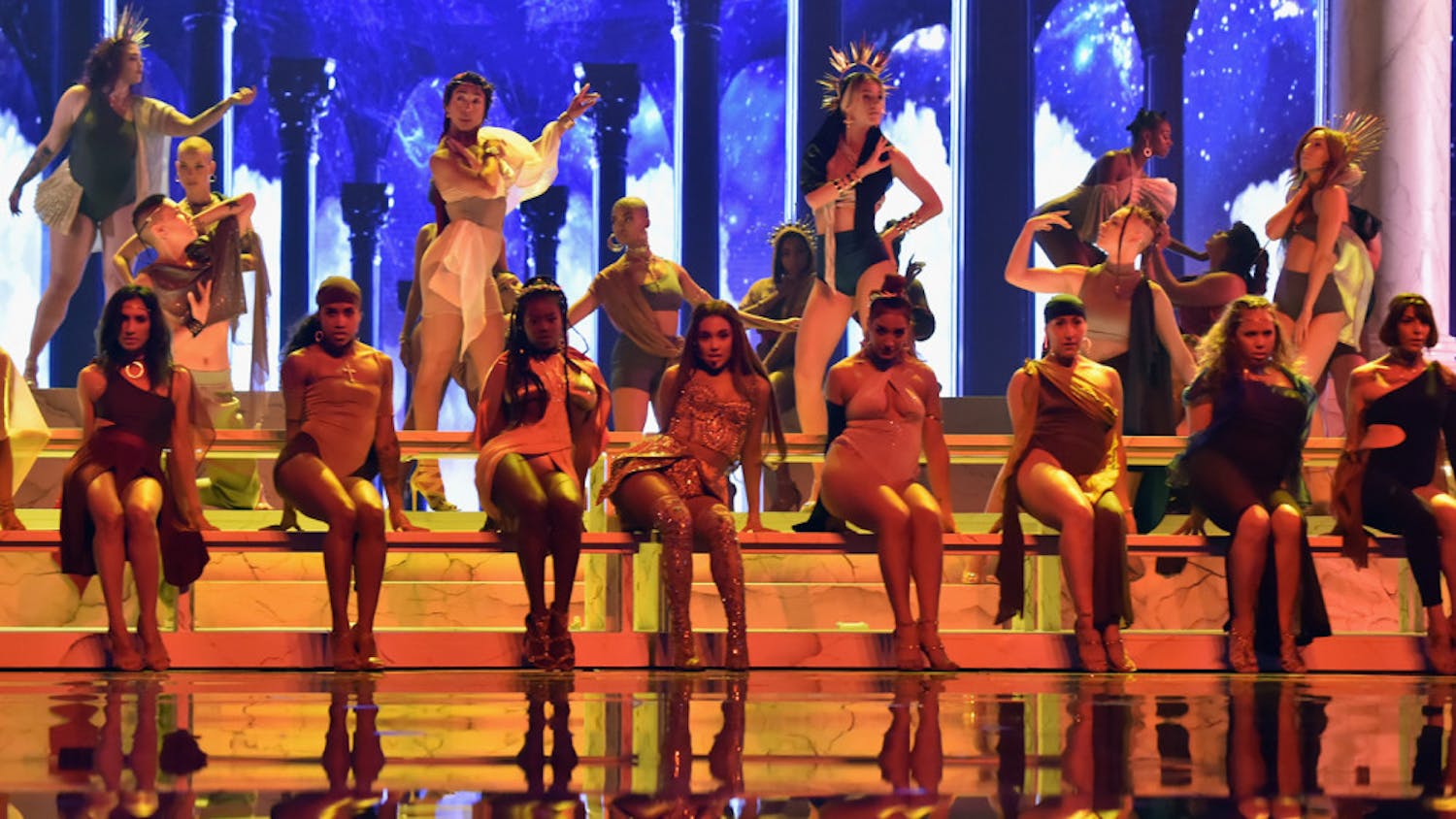When Beyoncé ended 2013 with a bang by releasing an unannounced album, Drake must have been taking notes. Last month, the Grammy award-winning rapper released his own unannounced album: “If Youre Reading This Its Too Late.” Drake’s album was not nearly as successful as the queen’s, but it held its own with almost 500,000 copies sold in its first week. Drake’s lyrical talents earned him some praise from 50 Cent, and I was even tempted to tap the thumbs-up button more than once on my own Pandora. While his lyrics impressed, his album cover disappointed.
The handwriting on Drake’s album cover is amusingly similar to the handwriting that the Chick-fil-A cow uses to persuade us to “Eat Mor Chikin” — seriously, though, look it up — but that isn’t what bothered me. I was personally irritated by Drake’s decision to leave out two apostrophes and a comma on his album cover. The album’s background is white, and the black title consumes nearly the entire cover, accentuating the letters and the lack of punctuation. Now before you move on to the next column and deem this topic petty, allow me to explain how Drake just neglected centuries of history.
The rap genre was born in New York City in the early 1970s as a modern form of oral tradition. Oral tradition, just to clarify, is a community’s cultural and historic traditions passed down to younger generations by word of mouth or other methods not involving written communication. Oral tradition was present in this country prior to rap, however. Hip-hop journalist Davey D traces the origins of rap’s oral tradition back to when African-American slaves empowered themselves by creating a rhyming form of metaphorical communication that was indiscernible to slave masters. Oral tradition is still prominent in West African societies, where many of the slaves originated from. In this country, it transformed into rap and empowered black youth by giving them a voice to broadcast the social, political and economic issues they faced. Rap, to this day, is used by marginalized communities to highlight the violence, poverty and negative effects of oppression that they still face.
What Drake apparently hasn’t realized, however, is that the rap genre he participates in is still oral tradition. Rap and its artists have been largely influenced by capitalism, but they still use clever rhyming schemes, pronunciations and lyrics to achieve the purpose of conveying urban messages. One of the only forms of written communication that rap involves is the album cover, which, very carefully, can be used to expand on the pronunciation of words. Tupac, for example, used the letter “Z” to clarify the pronunciations of his albums, “All Eyez on Me,” and, “Better Dayz.” By using the letter “Z” instead of an “S,” Tupac made it clear that he was specifying the pronunciation that would keep the album in the context of oral tradition. Drake did something very different.
Drake avoided the comma that could’ve separated the dependent and independent clause, and he abstained from using apostrophes in the words, “you’re” and, “it’s.” That does not alter pronunciation or affect the messages passed down in the album. For that reason, his decision to leave out punctuation on his album cover is just illogical, poor grammar. It completely neglects the fact that rap is oral tradition that relies on the spoken portion of the music, and it supports the misconception that rap is simply a genre of music that lacks purpose and refuses to abide by standard English rules. That isn’t authentic rap.
Because of rap artists like Drake, who are unfamiliar with the roots of their own genre, stereotypes flourish about rap being a collection of uneducated young minorities rambling on about violence, sex and drugs. We can’t let these misconceptions thrive by supporting artists who engage in irrational illiteracy. Drake was most likely trying to appeal to an audience that is just as ignorant of the history of the genre, but it’s still unacceptable. He created a juvenile album cover that severed rap from its roots and purpose. He portrayed rap as a genre of insignificant illiteracy, and he’s aiding in the appropriation of rap as strictly a profitable genre instead of a key component of a dynamic culture. We can’t accept that.
Christopher Wilde is a UF biochemistry freshman. His column appears on Wednesdays.
[A version of this story ran on page 7 on 3/11/2015]





